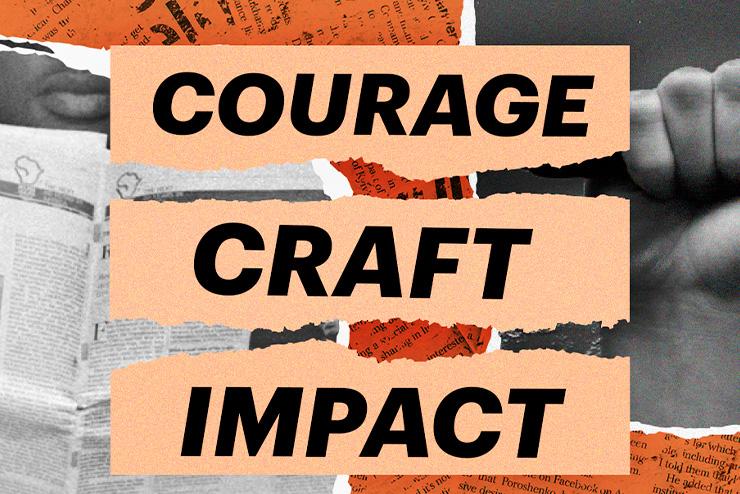


For many, 2016 was a tough year for the rule of law, peace, and equity.
We saw war destroy lives in Syria and beyond, a migrant and refugee crisis in Europe, growing concerns about police discrimination in the US, and outrageous acts of corruption and violence worldwide.
But there were also many inspiring stories over the past twelve months. At the World Justice Project, we saw local citizens fight against injustices through small but important actions. Whether it is trafficking survivors in Nepal becoming paralegals so they can work alongside local police, health workers in Cameroon fighting corruption in local clinics where sick families must pay a bribe to see a doctor, or youth in Argentina creating a mobile app allowing citizens to see how their legislators vote so they can hold them accountable, people from all walks of life are taking action in their own communities.
These stories remind us of the undeniable power of the rule of law to reduce corruption, combat poverty, and protect people from injustices large and small. When the rule of law works as it should, it creates better health, economic development, and political participation.
Below are three inspiring moments from the past year of citizens taking action to improve justice in their communities with WJP’s support.
1. Local Farmers Learning to Fight Deforestation in Indonesia.
Indonesia now has the world’s highest rate of deforestation, due to a long history of poor governance and corruption. It is the world's third-largest producer of greenhouse gases (behind China and the US) with approximately 85% of its emissions coming from forest destruction. Those hit hardest by the effects are local indigenous and rural farming communities, though these citizens have done the least to contribute to the problem. With support from WJP, Arupa —a local NGO whose name in Bahasa means Volunteers Alliance to Save Nature—is educating local farming communities to hold the government’s feet to the fire by monitoring environmental courts. Arupa is sending local paralegals into rural communities to improve the community’s understanding of environmental laws, and building relationships with local journalists so the community can report any violations they witness. Already, the group has been successful in resolving local cases, and is now planning to make a film about the situation.
2. Bribe-Hackers in India.
Corruption is endemic in India, where graft is an all-too-common part of doing business. To address this, two law students created Bribe-Hackers—an organization designed to become a bridge between law enforcement agencies and victims of bribery. Through an interactive website and “bribe hotline,” people in India can now report instances of extortion or bribery. The reports are investigated by pro-bono lawyers, and mapped through a crowdsourced website (www.ipaidabribe.com) to visually see the number, pattern, types, location, and frequency of corruption in various communities. There have been 96,200 bribe reports posted to the website so far.
3. Engaging Youth in Senegal: Social Change Factory
Africa has the youngest population in the world, with 200 million people between 15 and 24, a figure expected to double by 2045. Economic development and employment opportunities are a major priority for many youth, and have fueled civil unrest in countries like Senegal where youth took to the streets and voting stations to press for a change of government. The Social Change Factory in Senegal is encouraging youth to play an active role in the social and economic development of their country. This year, Social Change Factory convened students from 16 Senegalese universities and helped them to design and present solutions to key challenges affecting youth such as female genital cutting, child marriage, and sexual assault. After learning to deliberate and present their arguments and potential solutions, the students participated in televised debates about gender and governance in Senegal that were aired across the country and on social media.
These examples from Indonesia, India and Senegal are just three reasons for optimism. They remind us that small actions can lead to big change. We believe that everyone of us is a stakeholder in the rule of law, and the stakes are high.
As we begin this new year, we have never felt more certain that this work is more needed than ever. We hope that you will be a part of these efforts and help in your own way, in your own community, to create a peaceful, more just and equitable world.